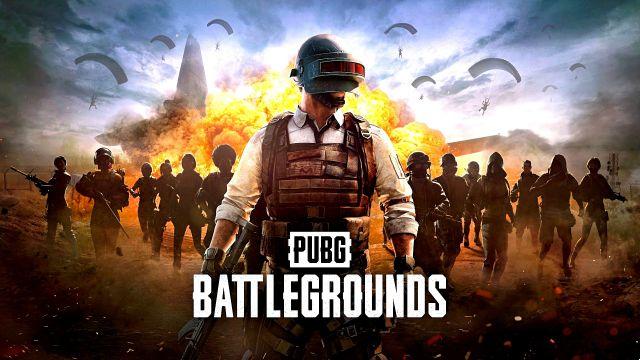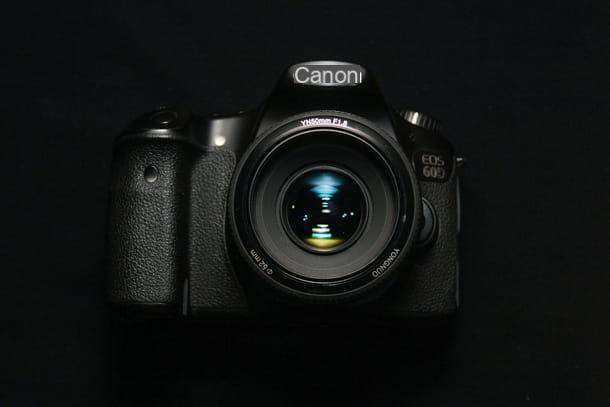
Video games and board games can offer very different experiences, but not so different that fans of one will love nothing. Many board games have even taken the leap to the other side, releasing digital versions of physical games. Recently, more and more games have changed direction, with tabletop versions of popular board games. Not all of them are winners (here I'm looking at you, Pac-Man), but a surprising number of them do very well at capturing what made the video game great. In some cases, they enhance the experience. In no particular order, here are five of our favorites.
Fallout: The Board Game
It may seem unlikely that a board game can truly capture the strengths of a sprawling RPG like Fallout. However, Fallout: The Board Game does a great job of condensing all the chaos of warring factions and open-world adventures into a tabletop experience.
At the start of the game, players create their characters using a SPECIAL game version of the video game system. These characters level up as the game progresses, collecting the gears. Players will then progress through one of the scenarios to determine the starting state of the world, including its various factions. Throughout the game, they can take part in quests, explore vaults, and pit one faction against another, similar to the video game series. One player's actions can make a difference for all other players, making each game its own story.
Resident Evil 2: The Board Game
Resident Evil 2: The Board Game is a bit pricey, at $ 100 MSRP, but it does a great job of bringing all the tension of the survival horror genre to life. Players have to manage their health and items while they think fast and roll dice to determine certain outcomes.
The game can be played solo or co-op, and even comes with a continuous campaign mode. The cooperative version is where it shines. Players need to balance their survival with the needs of the game and find clever ways to change the formula as more and more players get involved. The main downside to Resident Evil 2: The Board Game is that its dozens of miniatures, maps, and tiles look a bit rough.
Dark Souls: The Board Game
Much like its video game predecessor, Dark Souls: The Board Game is not for the faint of heart. There is a fair amount of setup and a few heavy rules to learn before you start, and the pace of the game can be slow at times. As you would expect Dark Souls, however, the first part of trial and error gives way to a challenging and rewarding game.
You can play solo or in co-op with other players. It features mechanics that those who have played the video game will instantly recognize, such as Estus Flasks, Bonfires to restore enemies, and frequent, gruesome death. The game uses a dice-based combat system which can make success and failure seem a bit too hit and miss, but is still mostly strategic. It's in boss fights where it shines, giving each of its huge plastic models of foes like the Belfry Gargoyles unique move sets.
Doom: The Board Game
Of all the video games that could become board games, a fast-paced, edgy shooter like Doom can be the most unlikely of them all. In a way, Doom: The Board Game manages to be much more than a strange curiosity, turning Doom's incendiary battles into intense tactical battles.
Unlike most of the games on this list, Doom: The Board Game is a competitive game pitting a horde of demons under player control against four other players as Marines. Players on the Marine side fight to achieve their goals as the Demon Army tries to wipe them off the map. It offers two distinct and equally fun playing methods that get better as you add more players.
XCOM: The Board Game
Finally, a video game adaptation that makes a lot of sense. XCOM's turn-based tactical battles provide the perfect foundation for a board game that retains the atmosphere of the original. The board game takes it a step further by offering clever translations of the game's mechanics.
XCOM: The board game is playable by one person, but it shines with a full team of four players. By playing this way, each player assumes a different aspect of running the XCOM command center with a different set of rules. Players face off against an alien army controlled by a link app, which also handles other hidden aspects of the game. The app even hosts instant events for players to respond to in real time. He does a great job of making each player's role valuable and unique. The difficulty is accentuated by associating the success of the whole team with the quality of their collaboration, which increases the general tension.


























